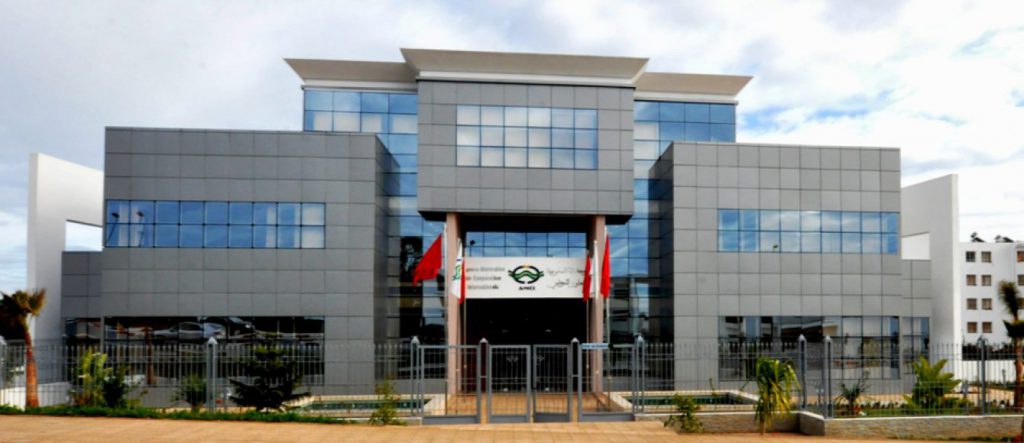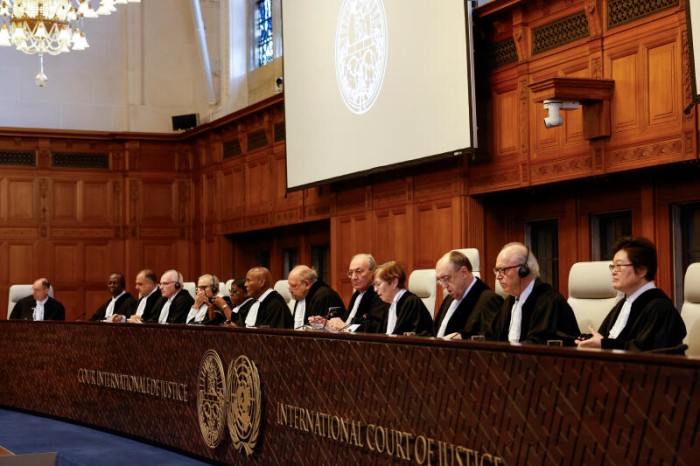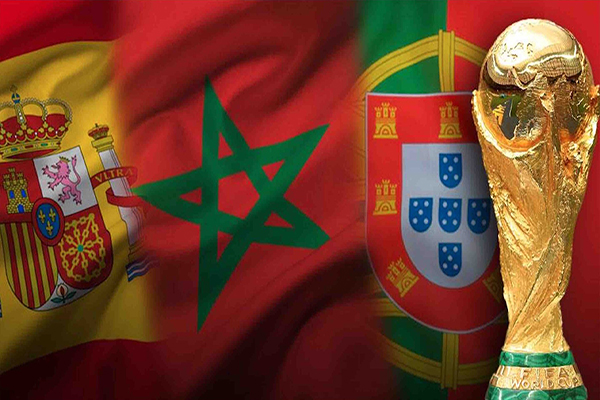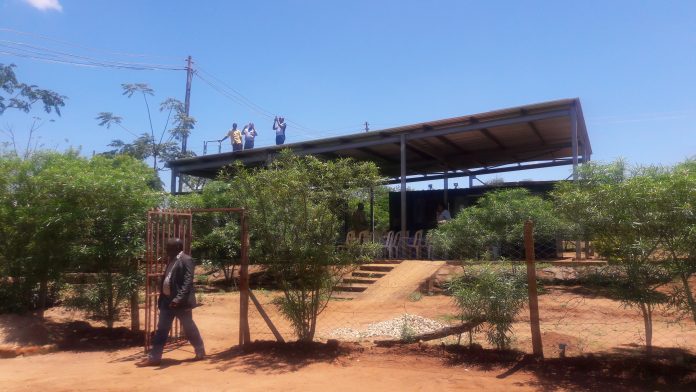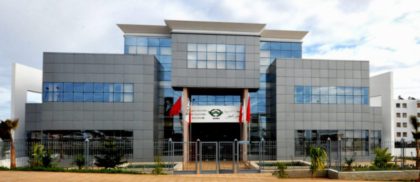 Morocco has become a popular destination for African students seeking to pursue their academic studies or acquire new skills in a wide variety of highly paid fields.
Morocco has become a popular destination for African students seeking to pursue their academic studies or acquire new skills in a wide variety of highly paid fields.
Since 1986, the North African Kingdom has provided free training to over 25 000 Africans from 47 countries. The list of Africans, who graduated from Moroccan Schools, includes Presidents, Prime ministers, ambassadors, diplomats, senior military officers, government officials, doctors, engineers, technicians, economists, lawyers…, said Director General of Moroccan Agency for International Cooperation Mohamed Methqal.
The graduates received advanced education in economics, law, medicine, pharmacy, architecture, biology, geology, literature, journalism, diplomacy, statistics, engineering, etc.
The number of African students applying for Moroccan scholarship keeps increasing year on year thanks to the solidarity-based African policy, spearheaded by King Mohammed VI and the high-standard of the training provided by Morocco, preferred by the Africans due to its hospitality and tolerance unlike neighboring Algeria wherein African migrants suffer racial discrimination, humiliation and systemic abuse.
Currently, 16 000 African students are enrolled in Moroccan schools and institutes and benefit from scholarships granted by this country. The success of the Moroccan story in this field has been recognized and praised by several Western countries and international institutions.
Some countries such as Japan, Germany, Norway and others have even expressed interest in the experience of Moroccan Agency for International Cooperation and in its approach in training African students.
For its part, UNDP is looking into ways of supporting Morocco’s actions and program aimed at enhancing human development in Africa through education, vocational training and funding micro-projects to combat poverty, create job opportunities and improve living conditions of African population.
Poverty eradication is at the heart of the 2030 Agenda. Achieving this goal requires sharing knowledge, expertise, technologies and financial resources.
According to UNDP administrator Achim Steiner, there is significant evidence showing that knowledge exchanged among Southern countries can be more relevant and adaptable to the specific development challenges they face.
South-South and Triangular Cooperation has been steadily on the rise over the past decades, and now plays a transformative role in advancing sustainable development, he said.
